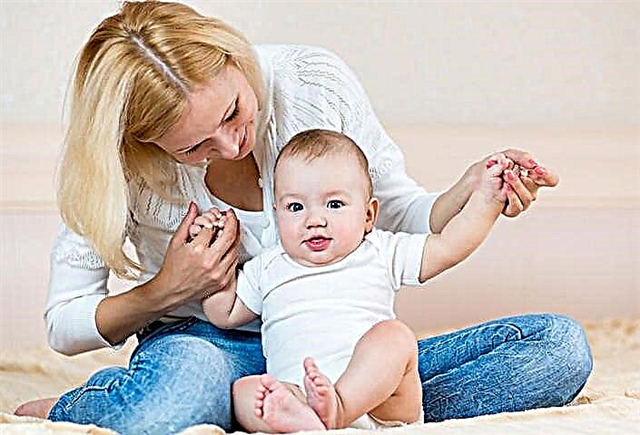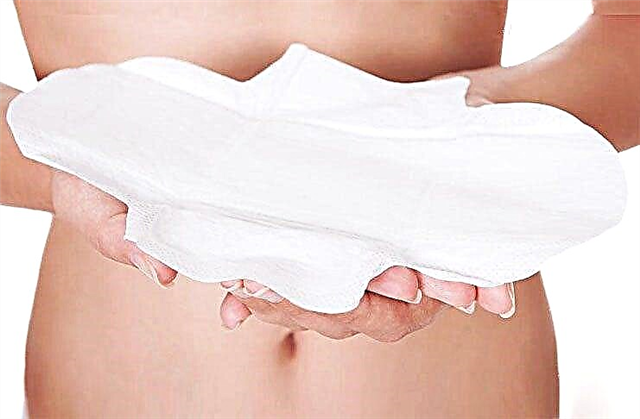
All healthy babies have a pronounced sucking reflex immediately after birth. Thanks to him, babies receive nutrition from the mother's breast. Sucking helps your baby to calm down and feel comfortable. Therefore, parents give babies pacifiers - to comfort or distract at the right time. But do kids need this accessory or is it better to refuse it?
Benefit
Thanks to the use of a pacifier, you can:
- Satisfy the sucking reflex in bottle-fed babies.
- Calm the child.
- Help the baby to pass gas, as sucking will stimulate the peristalsis of the digestive tract.
Most experts note that a pacifier is a useful accessory for parents, and very rarely for babies.

Harm
Psychologists say that the main harm of a dummy is that it replaces communication with mom and peers. Having calmed the baby with a dummy, the mother does not solve the problem of the child's discomfort, but simply “closes the mouth” of the baby. The baby is left with a nipple alone in the crib, while he would be better in his mother's arms, feeling her warmth and love.
Other negative aspects of the effect of a pacifier on an infant:
- The nipple can affect breastfeeding.
- Sucking on a pacifier can make your baby fall asleep hungry, causing poor weight gain.
- A pacifier can become a source of infection, especially if not properly sterilized or licked by an adult.
- The baby may be allergic to the nipple material.
- When the baby has teeth, there is a risk that the baby will bite off pieces from the nipple.
- It can be very difficult to wean some children from a pacifier.

When breastfeeding
It is not recommended to give a dummy to babies who receive breast milk on demand in the first 2-3 months of life. You can use a pacifier at this age only when you can't do without it. Having given a pacifier to a baby immediately after birth, there is a great risk of not establishing breastfeeding.
According to breastfeeding experts, the pacifier is the enemy of the nursing mother, since the baby's satisfaction with the sucking reflex with the pacifier will be an obstacle to sufficient breastfeeding. Problems with breastfeeding are especially common if the mother has little milk or a tight nipple. In addition, when sucking on a pacifier, the muscles that are used when sucking on the breast are not activated. This leads to improper grip of the breast, sucking out only the front milk and the gradual refusal of the baby from the breast. In the mother, the baby's addiction to the pacifier can cause a lack of milk and trauma to the nipples.
It is also important to know that a baby who constantly requires a pacifier may do so due to malnutrition. In addition, in this way he can simply attract mom's attention.
When is it really needed?
The dummy should be used:
- For easily excitable babies who have trouble falling asleep.
- For babies who suck their fingers between feedings.
- In premature babies, if they need to strengthen the sucking reflex. Note that these children are taught to suck according to a certain method.
- For babies whose mothers go to work early and are absent for more than four hours.
- For babies left without a mother.

E. Komarovsky's opinion
The famous doctor calls the pacifier an interesting, but not at all necessary thing for a small child. Moreover, Komarovsky says that if the baby does not want a dummy, then this is very good. Nevertheless, the pediatrician admits that such an accessory helps the baby to satisfy the sucking reflex, and helps the mother to get some rest from worries and crying.
He reminds that it is important to keep the pacifier clean, for which it is regularly sterilized and stored in a special case.
Komarovsky also warns that mom cannot lick the pacifier. Comparison of people with animals that cleanse the young with the help of saliva from dirt, he considers incorrect, since animals live in completely different conditions than people.
With regard to the effect of a pacifier on breastfeeding, Komarovsky supports other pediatricians and recommends not using a pacifier if a nursing mother has any problems with lactation.

Tips
You should not give a baby a dummy to distract the child or keep him busy, thereby reducing the time of communication with the mother. If you constantly try to stop the crying of the baby through the nipple, then this can prevent the mother from quickly learning to understand the desires and needs of the baby.
- Don't leave your baby on a pacifier all day. If the baby is already at that age when the children begin to study the surrounding objects with their mouths, the nipple may interfere with exploring everything around. Remove the pacifier as soon as the child is distracted from it.
- When the baby fell asleep with a dummy, the accessory from the sleeping baby must be carefully taken away.
- It is not recommended to lubricate the pacifier with juice or honey. There is a risk of allergic reactions and early development of caries.
- Do not abuse the dummy, then it will be much easier to part with this accessory. It is best to say goodbye to the nipple before a year, but if the baby does not agree with this, wait until the age at which the child can be explained why he no longer needs the nipple.



